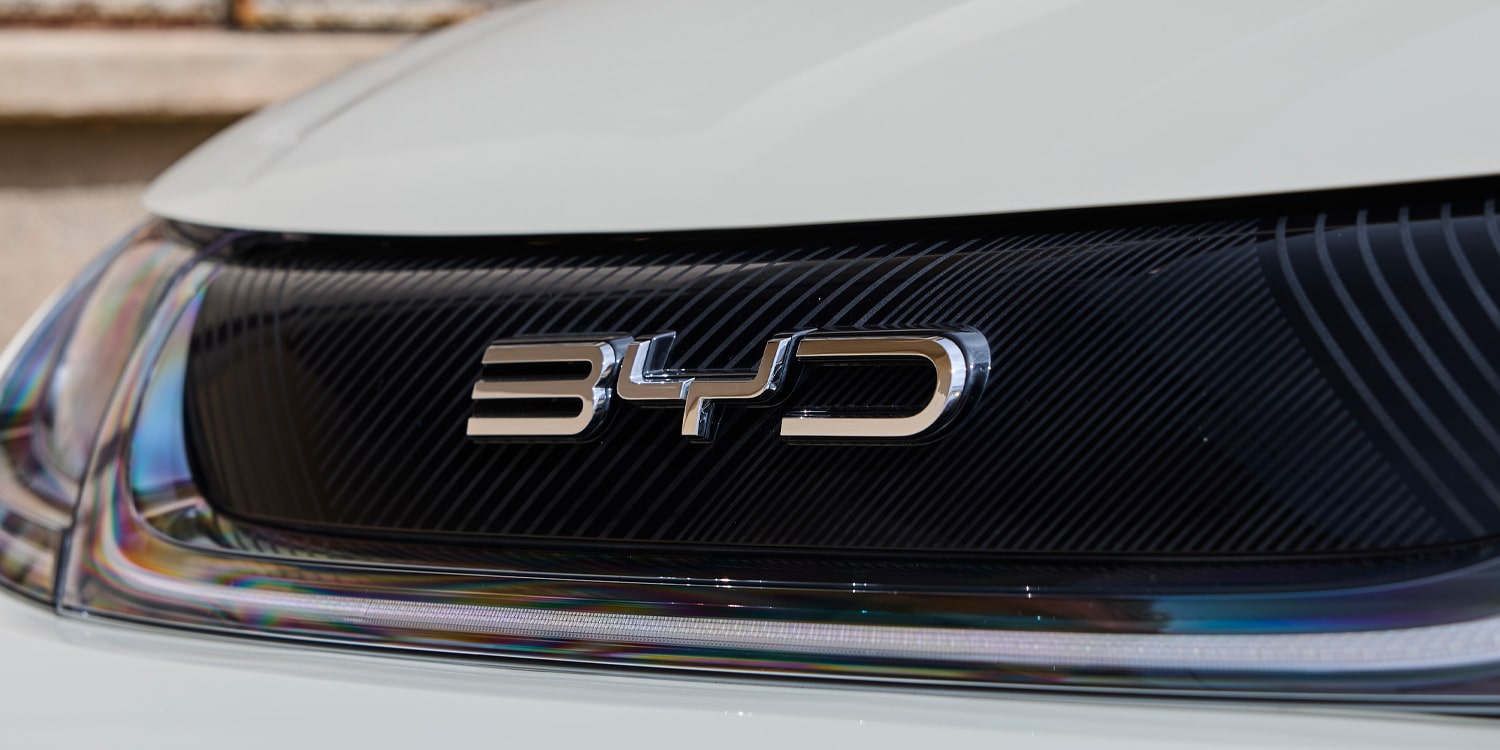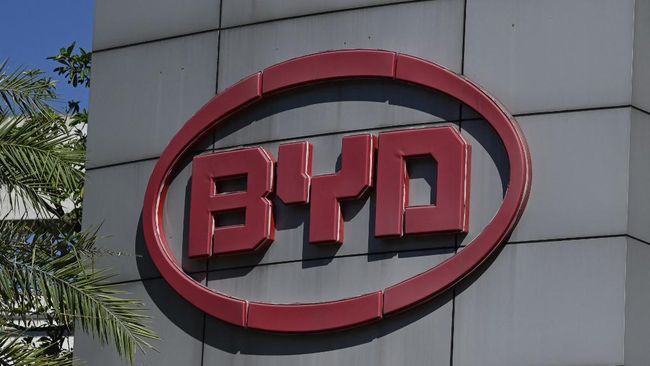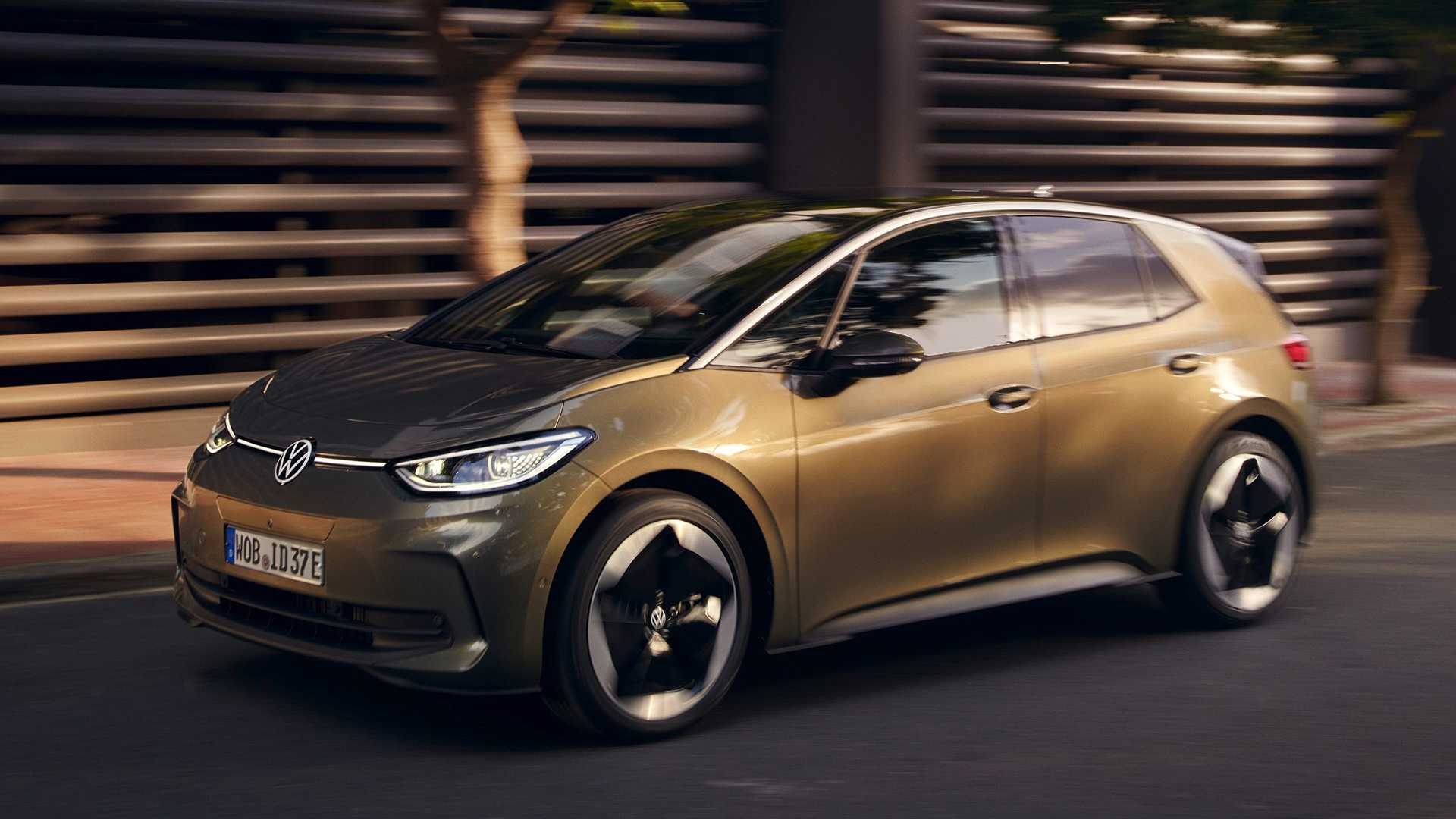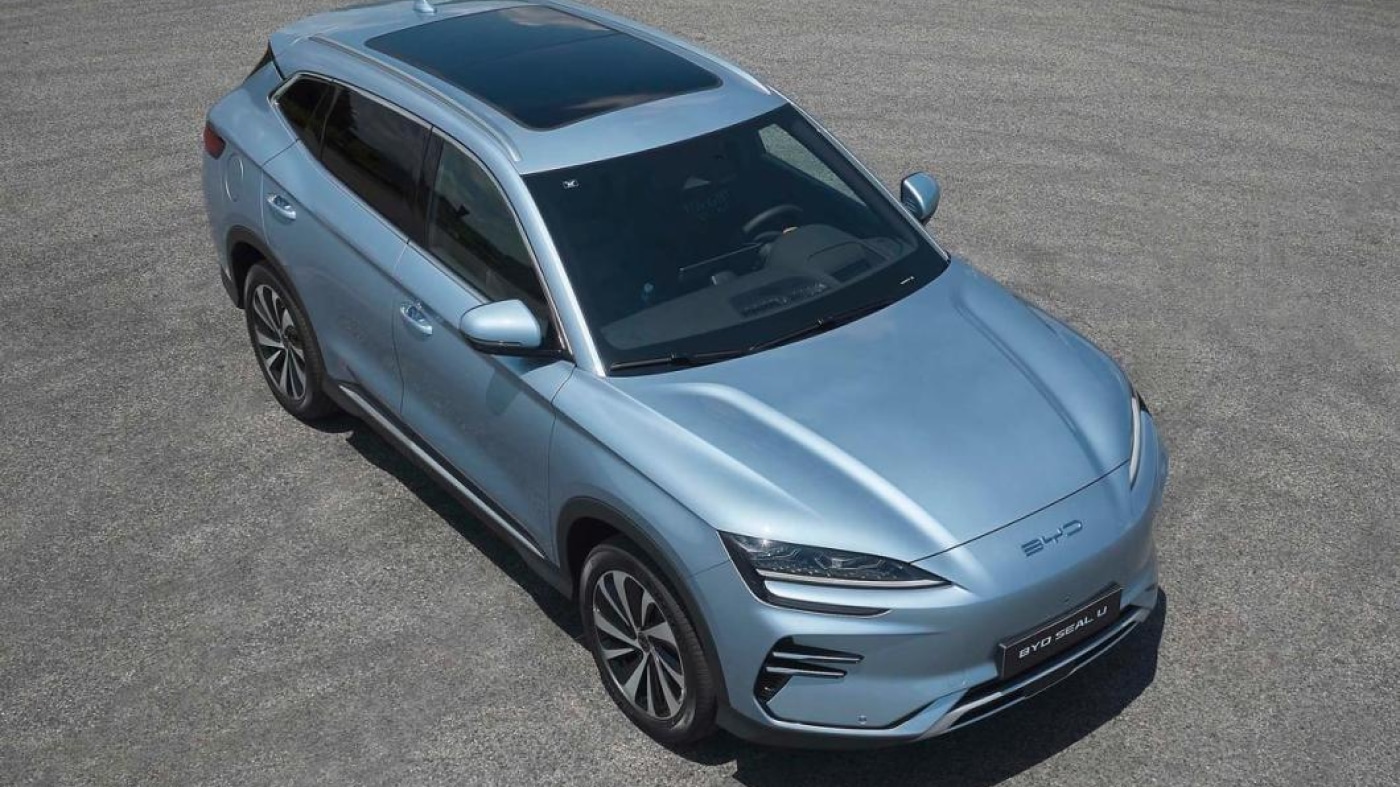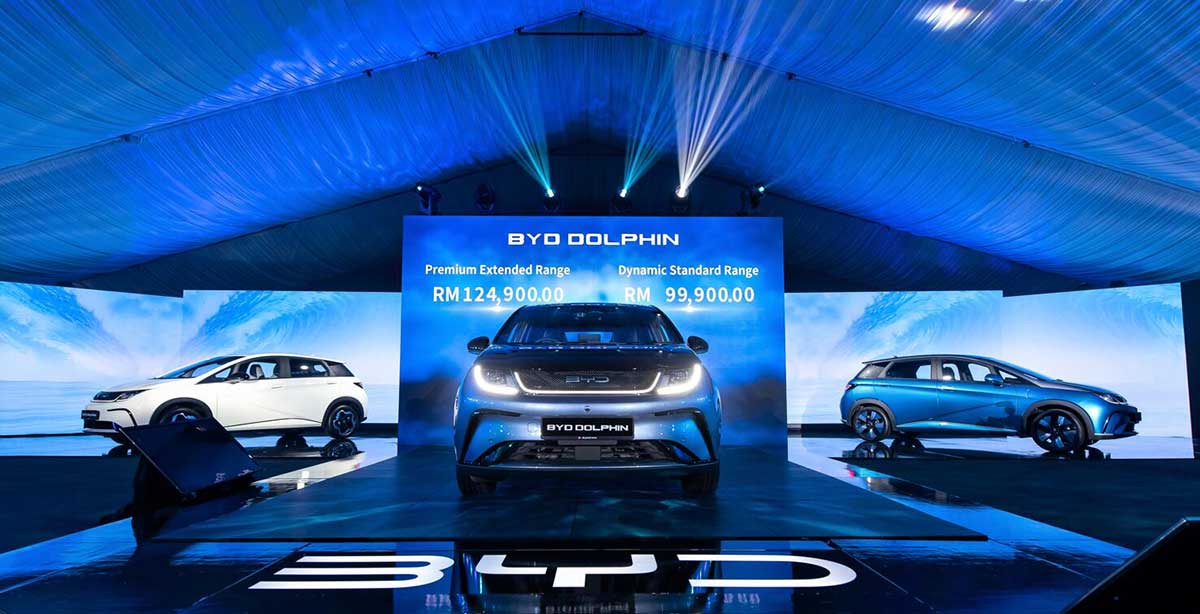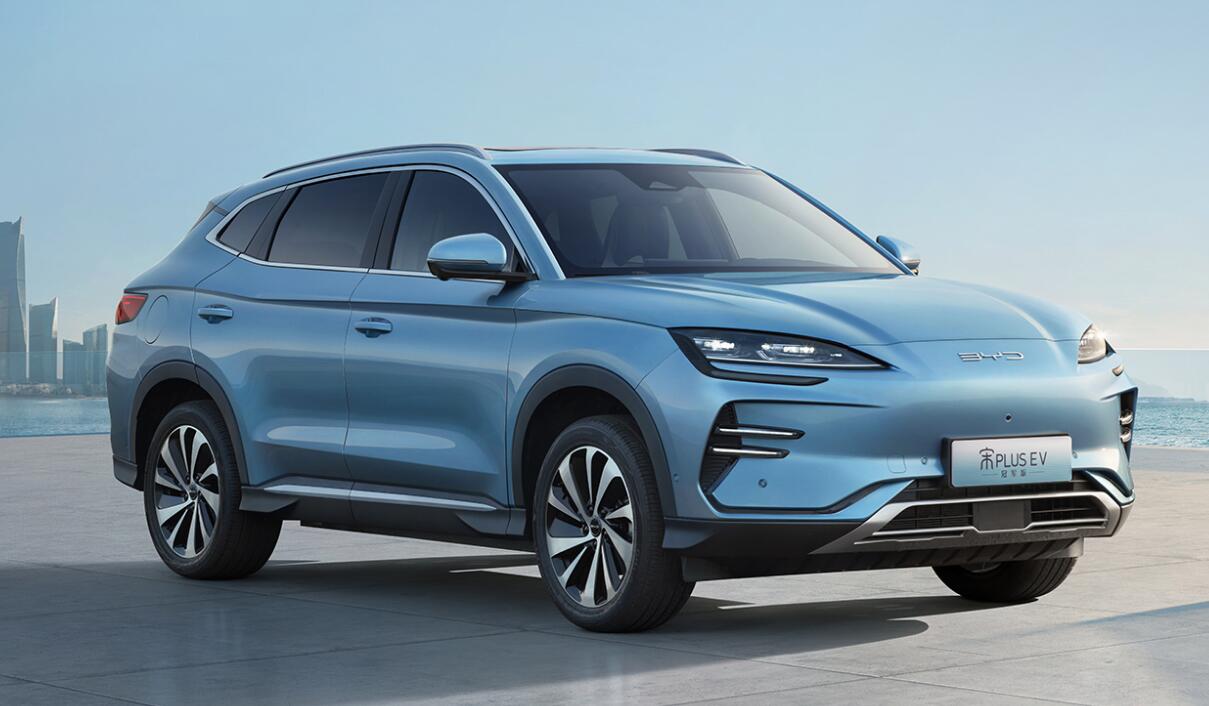In a recent development, the Indian government has turned down a proposal from Chinese automaker BYD to establish a $1 billion electric vehicle (EV) and battery manufacturing plant in India, in collaboration with Hyderabad-based Megha Engineering and Infrastructures Ltd. According to reports from the local Economic Times, security concerns pertaining to Chinese investments in the country were cited during the discussions, leading to the rejection of the ambitious project.
The proposal put forward by BYD and Megha Engineering and Infrastructures Ltd outlined their intention to manufacture 10,000-15,000 EVs annually at the planned facility. The partnership aimed to leverage Megha’s financial backing along with BYD’s advanced technology and expertise in the EV domain. However, the existing rules governing foreign investments apparently do not permit such ventures, leading to the government’s refusal.
BYD is no stranger to the Indian market, having already introduced two all-electric vehicles, the Atto 3 and the e6. The company is further set to launch its Seal EV in India later this year. The proposal sought to expand BYD’s presence in one of the world’s largest automotive markets outside of the United States, with plans to produce a comprehensive range of BYD-branded EVs, ranging from hatchbacks to luxury models.
If approved, the partnership would have given BYD a significant foothold in India’s thriving automotive sector. However, given the concerns raised over Chinese investments and the current regulations, the venture remains uncertain.
It is worth noting that BYD’s existing Indian operations had already commenced through the Semi Knocked Down (SKD) assembly route. SKD refers to a process in which car companies export semi-finished products or components to a foreign country, where a local plant then assembles the vehicles for sale.
The rejection of BYD’s proposal underscores the complexities of international collaborations in the automotive industry and highlights the Indian government’s cautious approach regarding security issues related to foreign investments. As the world’s third-largest auto market, India remains an attractive destination for automotive ventures, and BYD’s proposal could have opened doors to significant growth opportunities. Nevertheless, until the regulatory landscape changes, the future of BYD’s ambitious $1 billion EV factory in India remains uncertain.

